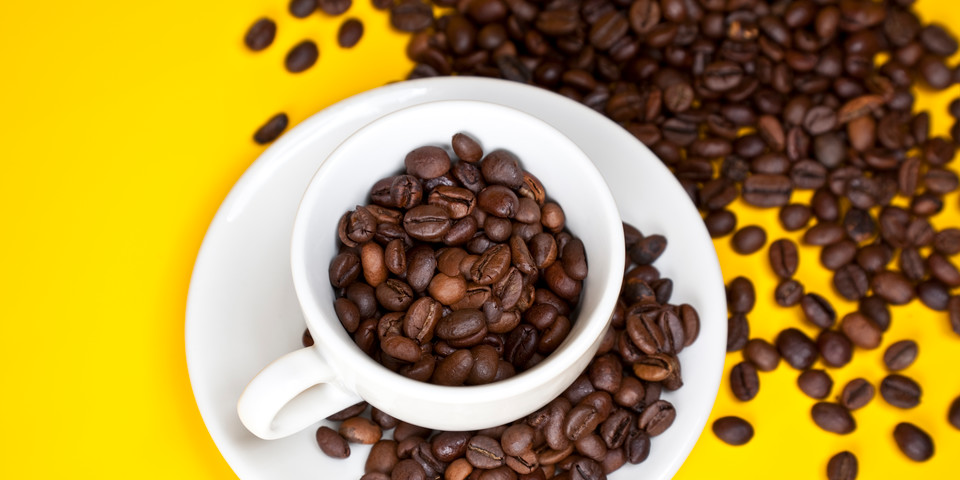Market study: The Swedish market for green coffee beans

Producers and exporters of green coffee beans, interested in the Swedish market, will find important information on the size and characteristics of the market. Swedish buyers share their knowledge on market trends and buyer requirements.
Sweden is one of the largest coffee consumers in the world. It ranks third among the countries in the world which consumes the most coffee per capita, only beaten by Luxembourg, Netherlands and Finland.
In this market study, you will find answers to these questions, among several others:
What does the coffee roastery market look like?
In 2020, over 1.9 million tons of coffee were roasted in the EU. The amount has increased by 10 per cent compared with 2010 (1.8 million tons). The EU’s coffee production was worth almost 11 billion EUR, and it was equivalent to around 4.2 kg per inhabitant in 2020.
The Swedish market is dominated by four big coffee roasteries, but in some regions other local roasteries are the leading brand in those specific areas. The trend of micro roasteries is also growing as Sweden so far has over 80 micro roasteries across the country.
What do the coffee importers want?
This market study contains practical recommendations from different Swedish buyers (coffee roasteries of different sizes and coffee agents) on how a producer/exporter of green coffee beans should prepare themselves in order to enter the Swedish market.
How do I ship my coffee beans into Sweden?
Sweden's four big coffee roasteries import almost all the green coffee beans by ship to the nearest port to their production facility: Gothenburg, Helsingborg or Gävle. From the ports the coffee beans are either loaded on trains and/or trucks depending on the distance to the roaster facility or warehouse.
What are the requirements for exporting coffee beans to the EU?
Green coffee beans can be imported without any custom duties to the European Union. The coffee beans are not going through any checks at the border control. The quality of the coffee beans is instead verified and approved by the roasteries for every delivery, so that the quality is matching with the approved sample that was sent before the main delivery was shipped.
It is only ecological coffee that are checked at the EU border. In order to import ecological coffee to the European Union the delivery needs to include an COI-certificate. The certificate should be set up in the TRACES.NT system and signed by a control authority in your country before the shipment leaves the country.
For more tips on exporting to Sweden and the EU, check out our guide The Road to Export.
